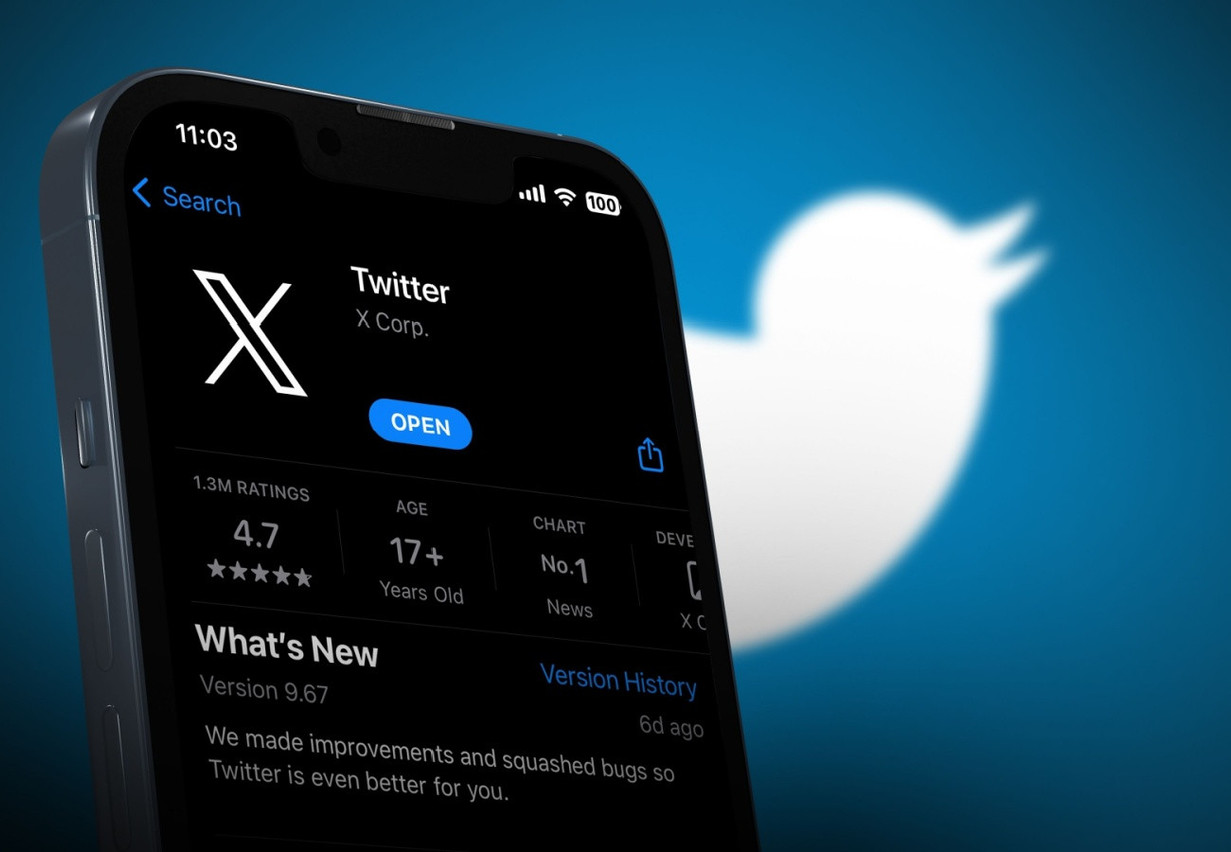Is X (formerly Twitter) a central social network in Europe? No, said the European Commission in a on issued on Wednesday 16 October. "Following a thorough assessment of all arguments, including input by relevant stakeholders, and after consulting the Digital Markets Advisory Committee, the [European] Commission concluded that X does indeed not qualify as a gatekeeper in relation to its online social networking service, given that the investigation revealed that X is not an important gateway for business users to reach end users.”
The decision is based on three axes:
Small scale and low user engagement: X Holdings Corp argued that X operates at a relatively small scale and is characterised by low user engagement, which would call into question its role as an important gateway for businesses seeking to reach end users.
Data submitted by X Holdings Corp. indicates that X is much smaller than other online social networking services already designated under the DMA, 133% smaller than Facebook and Instagram, 60% smaller than Linkedin, 27% smaller than Tiktok. X reaches 67m users every month, where 45m would be enough to be designated as a gatekeeper.
X Holdings Corp. also provided data suggesting that user engagement on X is significantly lower than on other social networking services.
The European Commission has noted that X Holdings Corp. has not provided comparative data on the number of end users in accordance with the definition of this concept in the DMA. This could make it difficult to assess X’s true market reach and influence.
X Holdings Corp. has put forward other arguments to challenge the presumptions set out in article 3(2) of the DMA, including:
- A lack of ecosystem benefits.
- Lack of a strong position in the European market.
- Lack of reflection of the Musk group’s market value in X’s monetisation potential or financial capacity.
- The lack of relevance of the market value of the other companies owned by the Musk group, as they are not active in the EU domestic market.
As if Tesla and Starlink were not active in Europe... The DMA must assure European consumers that platforms are not so powerful that they can lay down the law to the detriment of their interests.
This article was originally published in .
